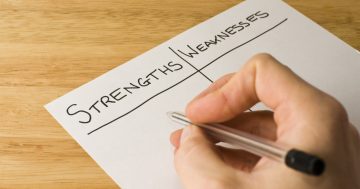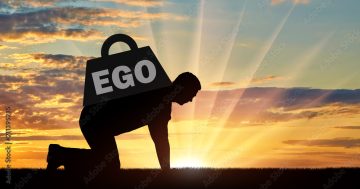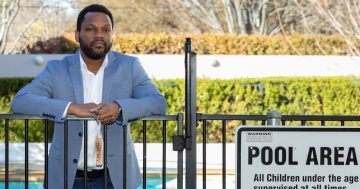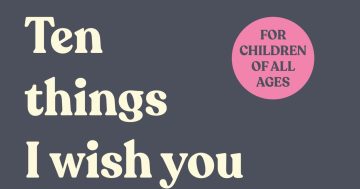We are often advised to follow Socrates’ dictum ‘know thyself’, but Bruce Kasanoff* says this is often one of the most difficult things to do.
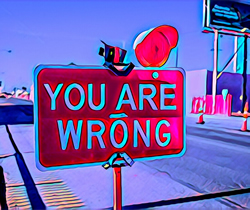 I once took an intensive aptitude test that measured, among other things, whether I work best alone or with other people.
I once took an intensive aptitude test that measured, among other things, whether I work best alone or with other people.
Before sharing the results, the administrator asked me whether I wanted to guess the test result.
It was easy: I work best alone.
Wrong.
The actual test revealed that I work best with other people.
In fact, my results were off the charts in that other direction.
Think about it: On such a basic aspect of my personality and aptitudes, I was utterly wrong.
Before you start thinking I am dumb and clueless, the odds are pretty high that you wouldn’t do much better in proving the accuracy of your own self-awareness.
Human beings are extremely complicated.
You want to eat; you want to lose weight; you want to take more chances; you are afraid of taking chances.
Your parents were unpredictable so you always tried to be predictable; now you are bored to tears with how predictable your life has become.
We are doing our best.
We are only human, and we make mistakes.
We see the world through our own biases and preconceptions; that is not going to change.
What can change is whether we accept the fact that accurate self-awareness is like immaculate conception; it is nearly impossible to achieve.
For this reason, I am more willing than ever to step outside the boundaries I used to set for myself.
Do I want to go see that French film about two poets who continually have a philosophical debate about love and desire? No! I mean…yes.
Do I want to go to the opera? No! I mean…yes.
Travel outside your country.
Read books that argue a different perspective than your own.
Volunteer on a farm or in an inner city.
Attend lectures.
Go to art shows and exhibitions that make you a bit uncomfortable.
Most of all, stop pretending you know what’s best for you.
The truth is, you probably don’t.
If you want more research on this subject I can recommend Unskilled and Unaware of It: How Difficulties in Recognising One’s Own Incompetence Lead to Inflated Self-Assessments.
Here authors, Justin Kruger and David Dunning found that people who performed poorly on a cognitive task tended to over-estimate their own performance and abilities.
They called this phenomenon the Dunning-Kruger Effect, and suggested that it arose from a lack of the ability to reflect on one’s own thinking and performance.
Also worth a look is Are You Aware of Your Self-Interest? by George Loewenstein, Emily Haisley, and Rachel Moran.
The authors found that people often failed to recognise how their self-interest biases their own decision-making.
They suggested that this failure arose from a lack of self-awareness about one’s own motives and biases.
Finally, The Blind Spot: An Essay on the Relation between Theory and Data in Cognitive Science by Thomas Metzinger.
The author argues the human brain has a “phenomenal self-model” that allows us to be self-aware, but that this model is often incomplete and inaccurate.
He suggests our self-awareness is limited by our inability to access certain aspects of our own minds, and that this limitation can lead to illusions of self-knowledge and self-understanding.
*Bruce Kasanoff is the founder of The Journey, a newsletter for positive, uplifting and accomplished professionals. He is also an executive coach and social media ghostwriter for entrepreneurs. He can be contacted at kasanoff.com.
This article first appeared at kasanoff.com


